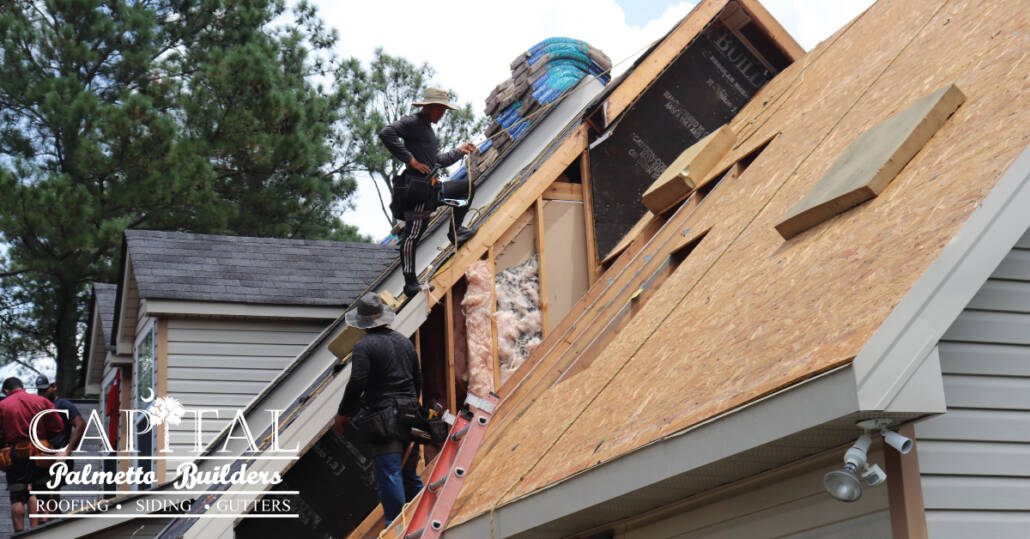
When deciding whether to repair or replace your roof, there are a number of factors to consider. These factors include the materials, cost, time frame, as well as cost. Keeping your roof as close to its original composition as possible is crucial for maintaining the aesthetic value of your home. It is better to repair it than replace it. This will help preserve the architectural integrity of your house.
Cost
Two factors affect the cost of replacing or repairing your roof: what it costs and when it is needed. Although it might seem like a great way to save some cash, you may end up creating more problems than you solve. This task should be handled by a professional. You can also try to find a contractor who offers specials or community assistance programs to reduce the cost.

Roof repair costs can vary depending on the extent and materials used. The cost of repairs such as replacing the roof deck can be increased by the need for structural engineering. The type of roof as well as the location can also impact the cost.
Time frame
The type and complexity of your roof will impact the time it takes to repair or replace it. A typical roof replacement can take between 2-5 days depending on how large and complex the roof is. It can take a few days to replace flat roofs, and several days to replace large asphalt shingle roofings.
A roof's lifespan is usually between 20 and 25 years if it has been properly installed. However, it may last significantly longer if it isn't. You should schedule an inspection by a professional to verify that the roof is in good health.
Materials
There are many options for roofing repairs and replacements. The type of damage to your roof, age of your house, and overall design of your roof will all play a role in your choice of material. Some materials are reusable and can be repaired. Repairing your roof is not an option.

It is important to choose the right roofing materials because your roof will be exposed to the weather. It is important to select a durable material when choosing a new roof material. You can choose between asphalt shingles and corrugated metallic roofing.
FAQ
Is there a limit to the amount of money I can spend on the project?
No. Your SCA sets an upper limit on the total cost of the project. However, you may be able to negotiate a lower price with the contractor.
Do I need anything to sign before I can start working?
Yes. Both parties must sign your SCA. This means that one party cannot change their mind without the consent of another.
What happens if one side doesn't agree to the deal?
The law allows you to sue the other party for damages if you don't fulfill your agreement. Damages can include interest, court costs and legal fees as well as the amount due.
Where can you find more information regarding building permits
Contact your local government agency (e.g., NSW Local Government Association) for more information. They should be available to help you determine the right steps to take to get building permission.
What does my SCA cover
Your SCA will outline the specific scope of work required. This includes how long it will take to complete, what materials and equipment are needed, as well as whether any permits are required.
Who will pay for the service
Your SCA will indicate who is responsible in paying for the service. You may be able to file a claim for compensation against the court if the service provider fails to pay in full.
Statistics
- (3) The contracting officer may provide for a contract price adjustment based solely on a percentage rate determined by the contracting officer using a published economic indicator incorporated into the solicitation and resulting contract. (acquisition.gov)
- (1) Except as provided in paragraphs (a)(4) and (a)(8) of this section, if the estimated amount of the contract or subcontract is $10 million or more, the contracting officer shall request clearance from the appropriate OFCCP regional office before- (acquisition.gov)
- (d) Contractor disputes related to compliance with its obligation shall be handled according to the rules, regulations, and relevant orders of the Secretary of Labor (see 41 CFR60-1.1). (acquisition.gov)
- (1) Ascertain the extent to that offers are based on the payment of overtime and shift premiums; and (2) Negotiate contract prices or estimated costs without these premiums or obtain the requirement from other sources. (acquisition.gov)
- Don't take their anger personally, they are mad about the situation 99% of the time. (activatemylicense.com)
External Links
How To
What should a service contract include?
Service agreements (SAs) are essential for any business relationship. It outlines what you expect from each other and how you will achieve this. It also outlines when and where the other party must fulfill its contractual obligations.
These are the key components of a successful SA:
-
The scope of both the work and the services required.
-
Details of payment terms including start date and end date for delivery of goods/services.
-
The project price must be agreed.
-
Any additional costs such as VAT etc.
-
Whether there is any other matter that should be discussed.
-
Who is responsible if the job goes wrong?
-
How disputes will be settled
-
What happens if one party breaches the contract.
-
What happens in the case of a dispute?
-
When does the contract go into effect?
-
What happens when one of the parties doesn't perform?
-
What time do you need to pay your invoices?
-
Who pays for things like travel expenses.
-
Where the money comes.
-
What happens if a client changes his mind?
-
What happens if the supplier isn't there?
-
Who has the right to enter the site during construction?
-
What happens when the customer cancels a project?
-
What happens if the product is faulty.
-
What happens if the manufacturer refuses to supply parts.
-
What happens if equipment fails?
-
What happens if the project takes more time than anticipated?
-
What happens when the work is not completed within the specified timeframe?
-
What happens if the project is not up to standard?
-
What happens when the cost is too high?
-
What happens to the materials if they are not delivered on-time?
-
What happens if the material arrives broken?
-
What happens when the products don't meet standards?
-
What happens if the job is canceled before completion.
-
What happens when the company goes under?